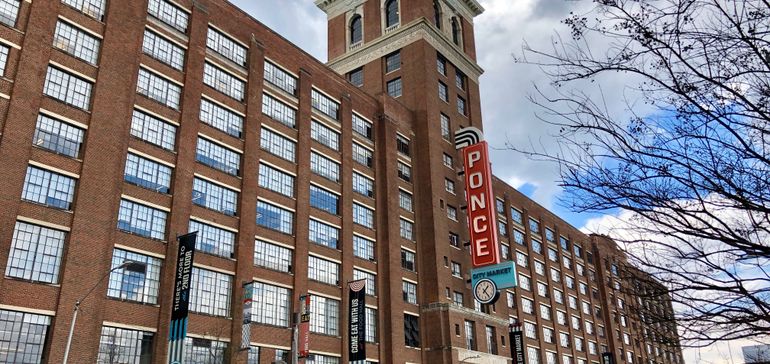The chief government of Simon Property Group, a mall actual property funding belief extensively seen as a survivor in a turbulent sector, has persistently brushed apart any suggestion that the standard mall enterprise is in hassle.
“We have now refuted e-commerce taking the shops down,” David Simon stated throughout his most up-to-date convention name with analysts. “We have now withstood Covid. Our enterprise is robust, rising — within the enclosed mall enterprise. Within the enclosed mall enterprise it is robust, but now we have naysayers on the market that don’t consider it.”
Nonetheless, the corporate’s acquisition of a 50% stake in mixed-use developer Jamestown, introduced final week, means that Simon could also be coming to phrases with the bounds of getting a portfolio depending on enclosed malls, observers say. Simon Property Group didn’t instantly reply to a request to remark for this story.
The deal, whose phrases weren’t disclosed, provides Simon “a possibility to capitalize on the rising asset and funding administration companies with an skilled fund supervisor and mixed-use operator and developer, using the Jamestown platform to speed up Simon’s future densification tasks,” in response to the businesses’ press launch.
Jamestown invests in and redevelops properties for various makes use of together with workplace, retail and residential. Its many tasks embody Ponce Metropolis in Atlanta, a redevelopment of a former Sears catalog facility; Ghirardelli Sq. in San Francisco; and Structure Wharf in Boston. Jamestown boasts a excessive stage of creativity and a possibility for Simon to diversify, at a time when the mathematics of operating an enclosed retail-dominated mall doesn’t add up, in response to Shlomo Chopp, managing associate at actual property advisory agency Case Property Providers.
“I feel there’s a spot for malls, and I additionally assume there is a problem almost about a variety of these containers and anchors,” Chopp stated by video convention. “You would argue whether or not Macy’s is a good anchor or not, or J.C. Penney stays an anchor worthwhile to attract individuals, however on the finish of the day it is a numbers sport, proper? Your complete gig all alongside was that you just bought lots of people coming to the property. Now, you don’t.”
For REIT buyers, diversification isn’t often a plus, as a result of buyers need “pure bets,” in response to Nick Egelanian, president of retail actual property consultancy SiteWorks. However although Simon Property Group has unloaded a few of its enclosed malls, they continue to be a big a part of its portfolio, he stated.
“Simon wants diversification,” Egelanian stated by telephone. “They’ve to have the ability to reveal competency in one thing apart from enclosed regional malls. It’s about time. They’ve constructed some open air facilities, and so they’re okay. It’s not their core competency.”
Simon must rethink and revamp the division store-dependent malls that outline its enterprise, and that can take immense funding and a distinct sort of experience, in response to Egelanian. Simon owes a lot of its success to its dimension and energy out there, however that stage of domination received’t resolve the issue of reuse the cavernous house left by a departed anchor, which is able to take creativity and an funding of about $1 billion per mall on common, he stated.
“So now Simon is partnering with an organization that’s one of the crucial intelligent and nimble, which is able to permit them to really be intelligent and nimble,” he stated. “As a result of they are going to be in a distinct world — a few of their malls will act like malls and a few of them will act extra like combined facilities. They’re going to go alternative ways, at completely different instances, in several codecs, however they’re going to occur, and that is the sort of experience they should do it.”

